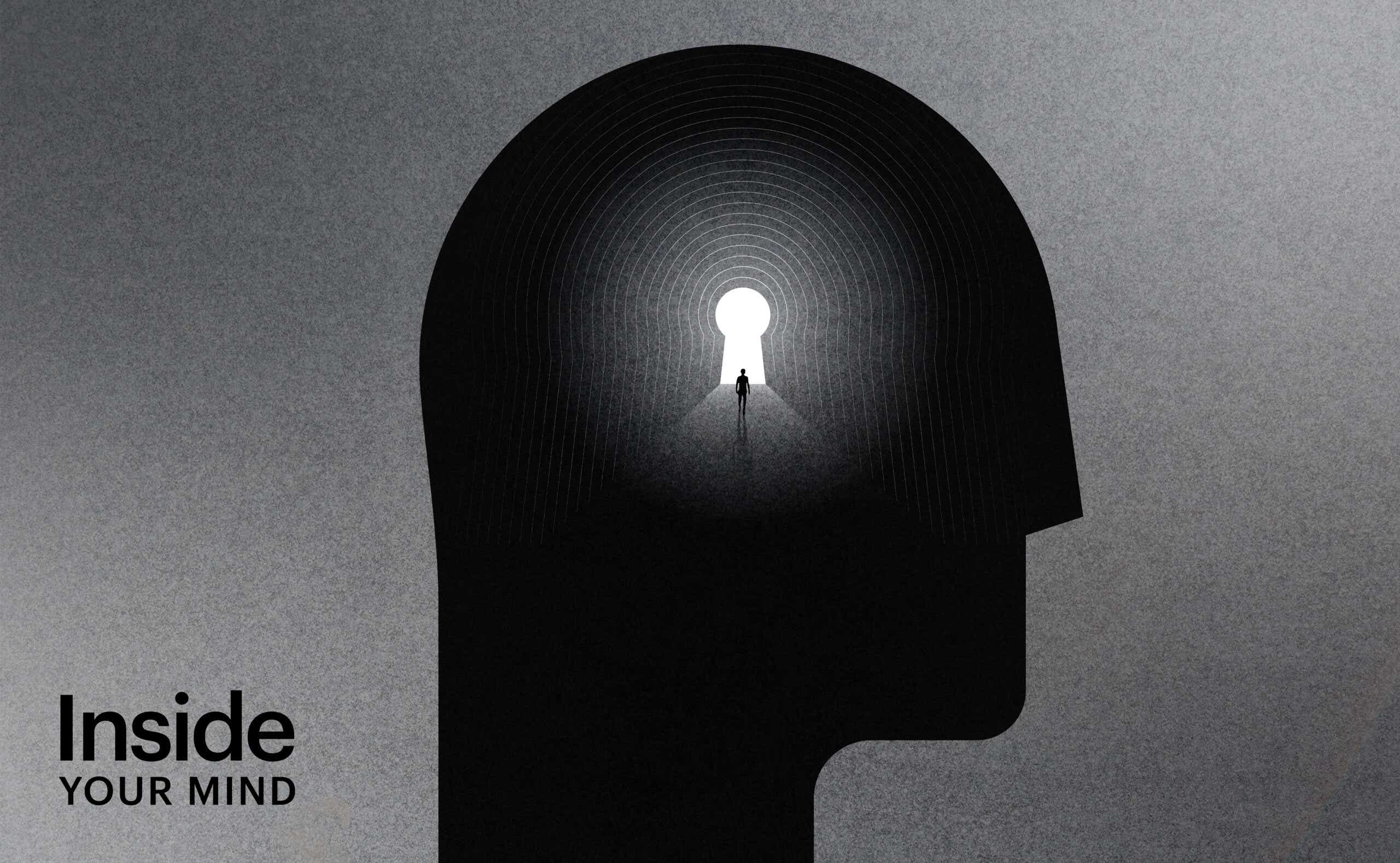If you’re a Wake Up Call subscriber, you might’ve noticed how frequently we cover the topic of brain health. From the warning signs of dementia to the best (study-backed) tips for keeping your mind sharp, we’re dedicated to exploring the nooks and crannies of the three-pound universe above your shoulders — and when you consider the startling fact that Alzheimer’s-related deaths have doubled in the last two decades, it’s never been more important to understand (and amplify) the tools to keeping our brains healthy well into our twilight years.
That’s why we’ve curated a one-stop resource for our readers to catch up on all the brain health-related topics we’ve covered in our recent series, Inside Your Mind. From a holistic breakdown of how your brain changes over time, to an explainer on how sexual pleasure lights up your brain (literally), our analyses have run the gamut.
And the best part? All these articles include exclusive interviews with some of the top neuroscientists in the world. Our research is your (truly) your gain, so expand your mind with these intriguing pieces.
How Your Brain Changes in Every Decade of Life — And What You Can Do To Slow It Down
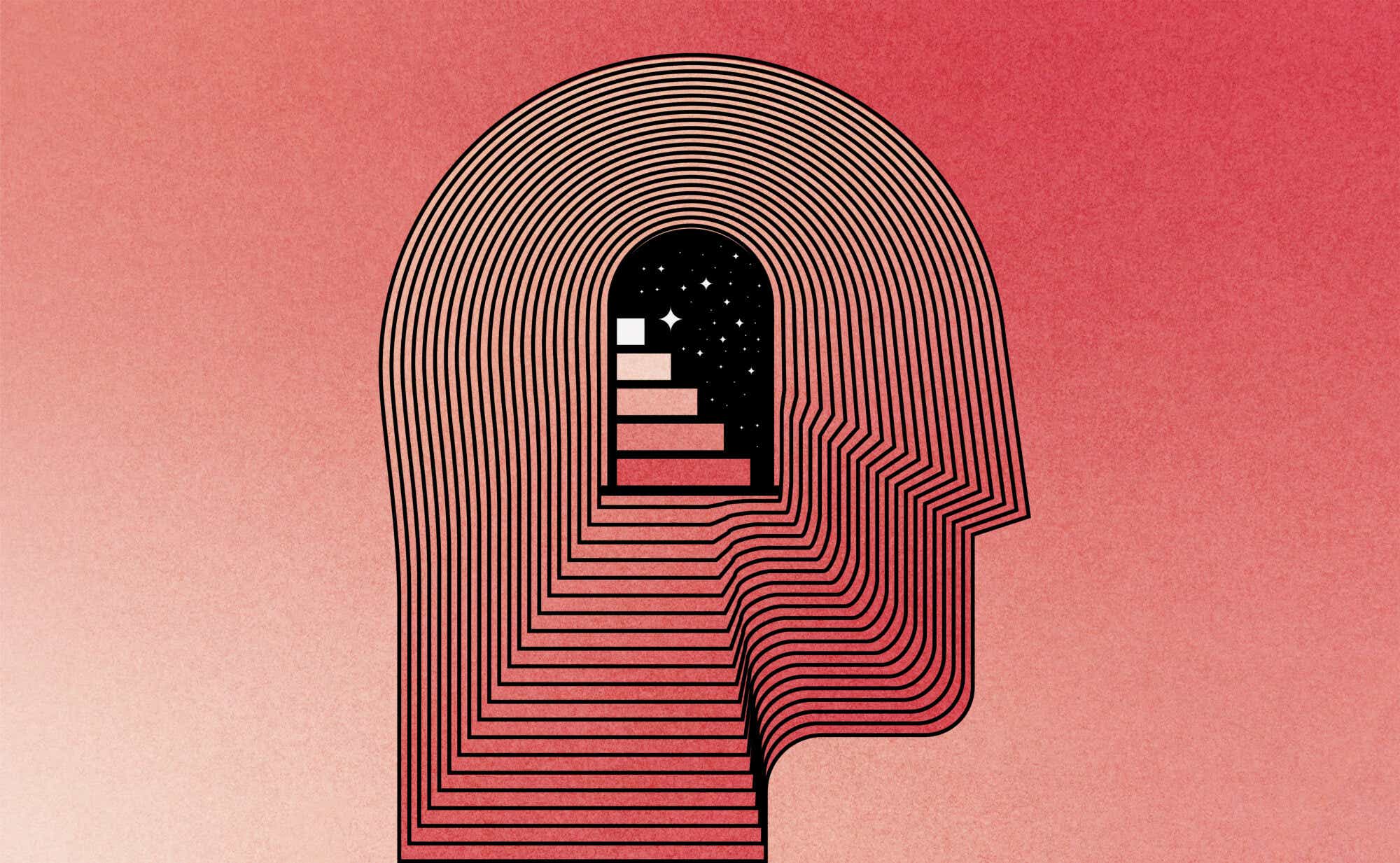
Let’s face it: When we talk about aging, we tend to focus on the negatives: From aches and pains to memory loss, there’s so much to worry about as we grow older. But what if the advancing years didn’t have to quite be as debilitating as we sometimes worry they’ll be? Thanks to a number of landmark studies over the last decade or so, experts now believe there are numerous ways a person can increase their odds of holding onto cognitive function and avoiding diseases like Alzheimer’s as they age. Even more exciting, there are a few scientists on the forefront of innovation who believe it’s possible to reverse the effects of aging, simply by living a healthy life — and we spoke to them to get the inside scoop. Read more here.
Four Expert-Approved Ways to Supercharge Your Brain
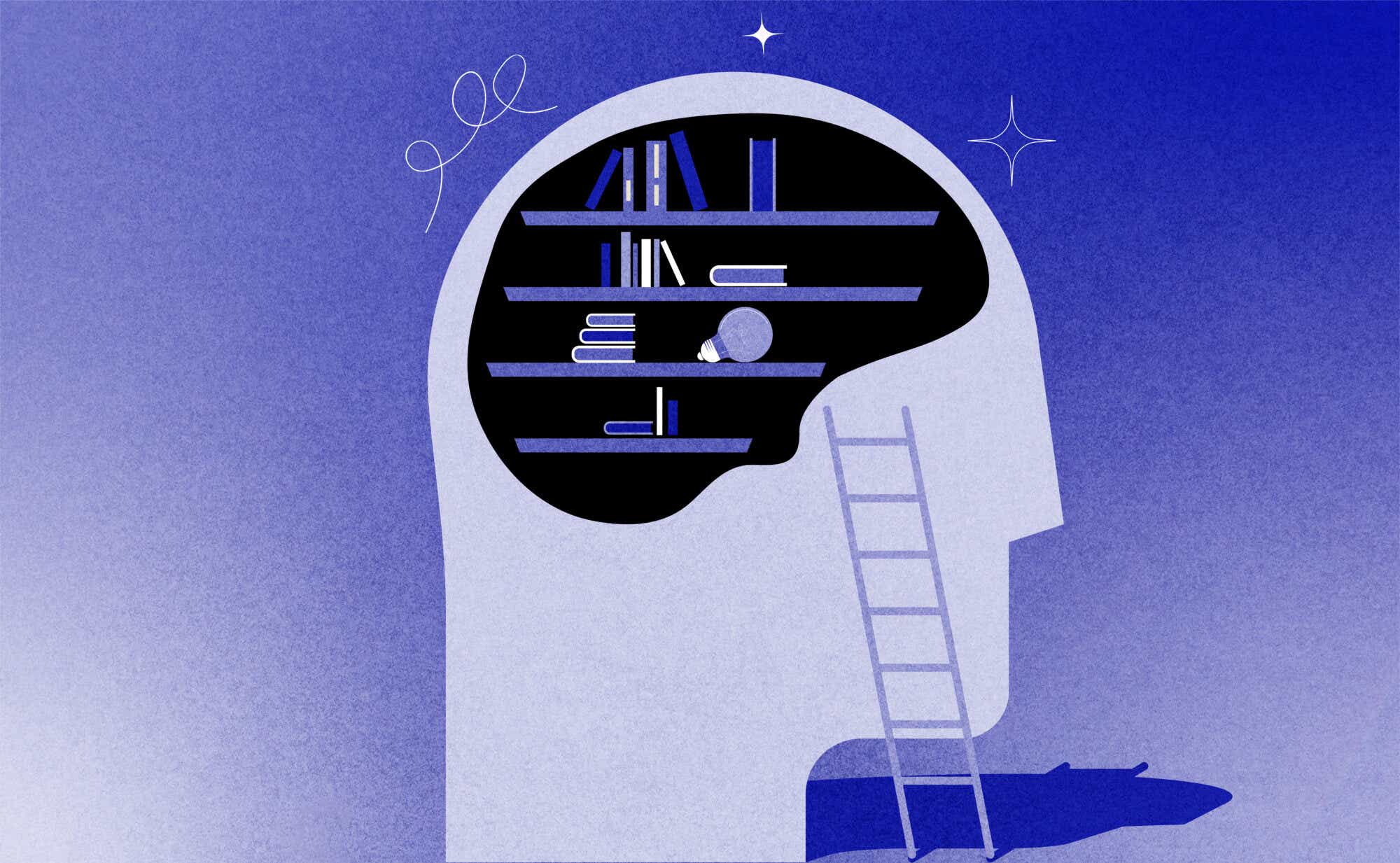
Which lifestyle habits are the most important when it comes to brain health? We’re not talking snake oil fixes (hello, Alex Jones’ $600 vitamins), but proven strategies for staying cognitively sharp for as long as possible. We reached out to some of the top experts in the field of brain health to find out what they recommend for keeping your mind agile through the decades. Here’s what they had to say about how to protect and improve your brain function as you age. Read more here.
In Bed With Your Brain: Why Sexual Pleasure Provides a Major Mental Boost
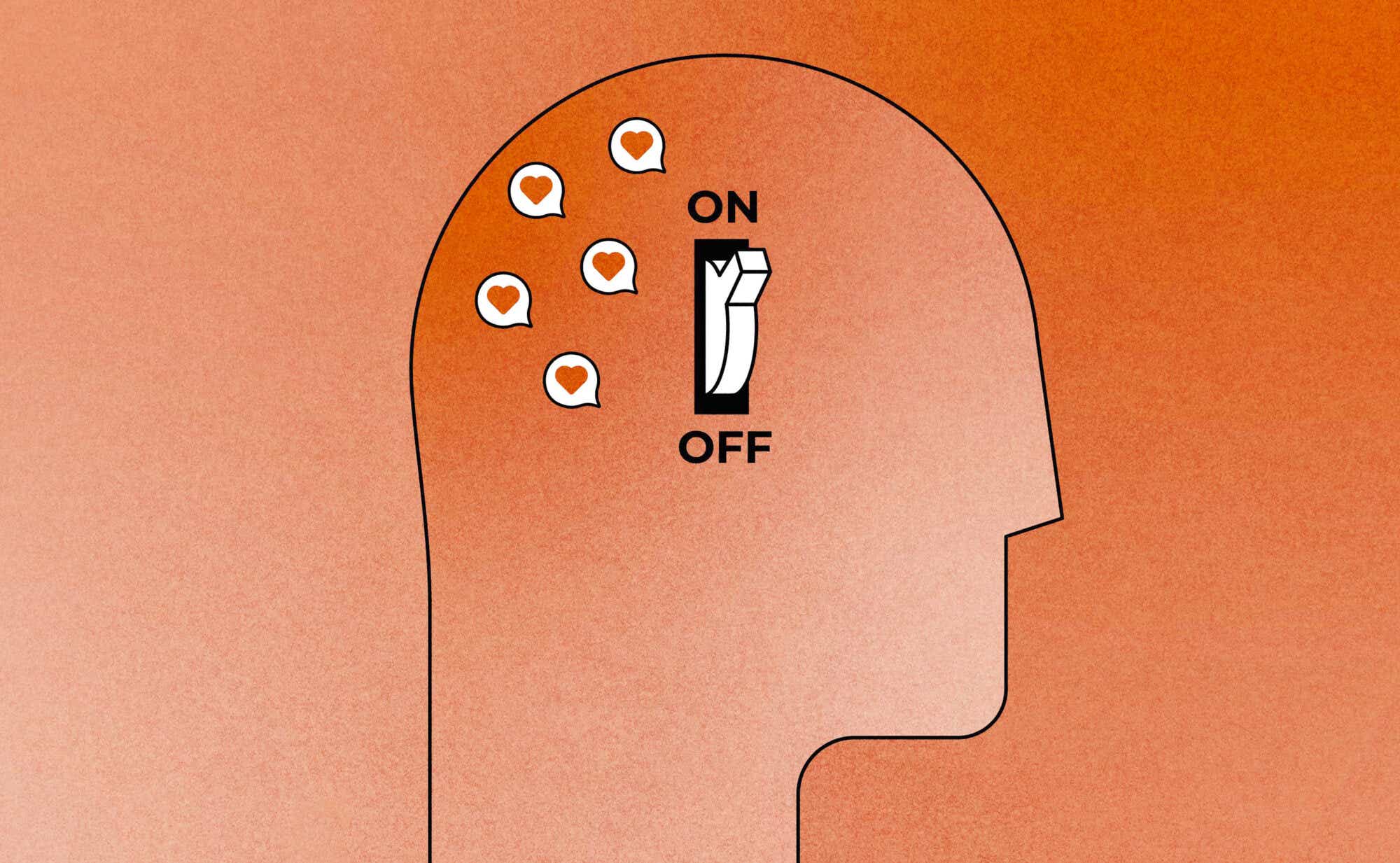
Pretty much everything that falls under the umbrella of sexual pleasure is stigmatized, from orgasms to genital anatomy to masturbation. It’s important to banish that stigma for the sake of our society, but also for the sake of a more surprising factor: brain health. We spoke with three experts about how your sex life stimulates your brain, and why understanding your own sexual pleasure (and then allowing yourself to experience that pleasure without shame or guilt) is a vital — dare we say life-saving — endeavor. Read more here.
How to Spot the Warning Signs of Brain Trauma — And Prevent the Injuries That Lead to It
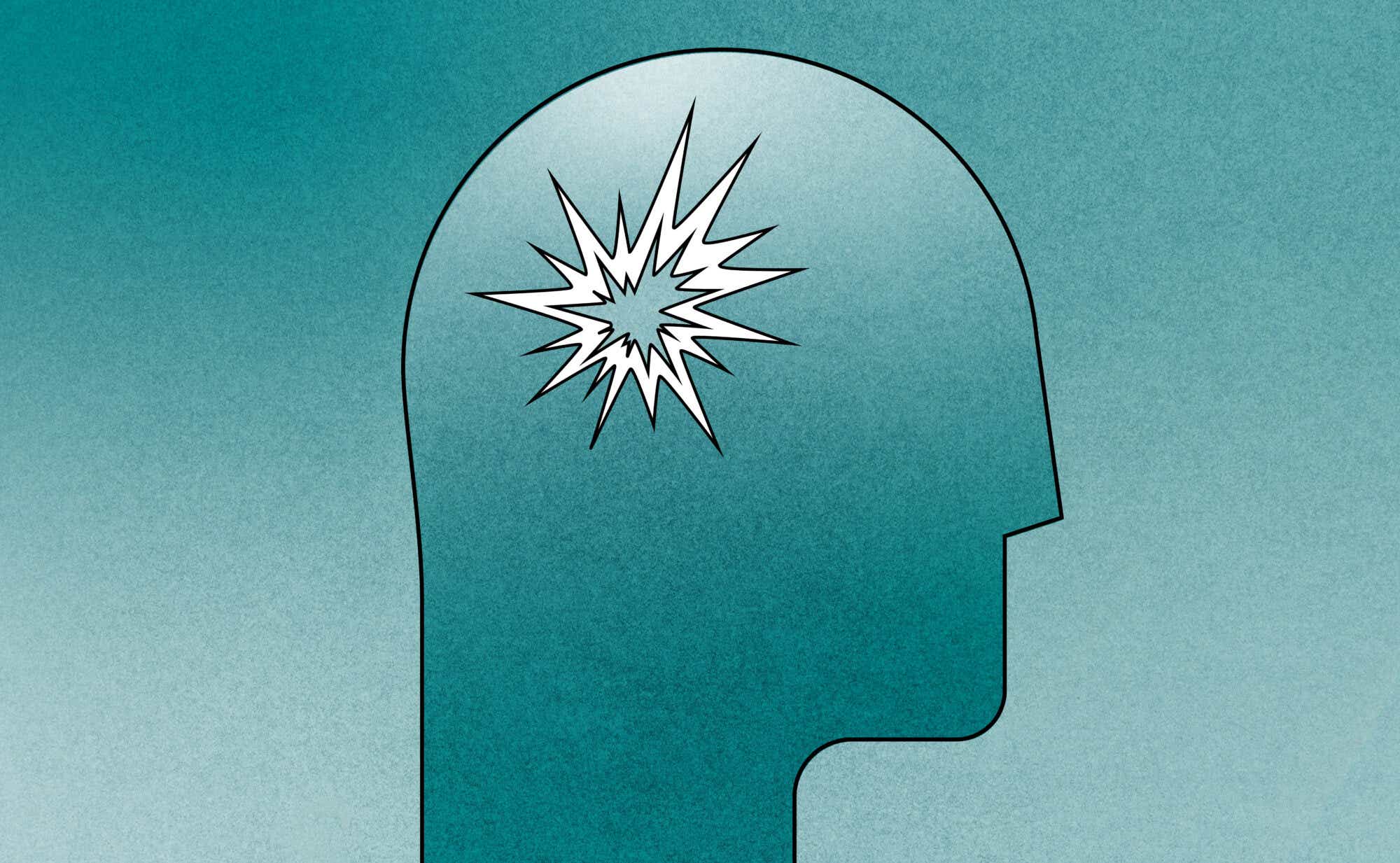
Chronic traumatic encephalopathy, otherwise known as CTE, is usually associated with professional sports like football and hockey — but you don’t need to be an NFL athlete to have sustained serious head trauma. Recent studies into the prevalence of CTE have revealed that the condition affects the non-athlete population even more than scientists previously believed. Current data estimates that about 9 percent of athletes show evidence of CTE, while 3 percent of non-athletes do. These may seem, at first, like relatively low numbers — but when you consider just how big the population of non-athletes is in the United States, that 3 percent starts to look a whole lot bigger than it originally seemed. Katie Couric Media spoke to three experts about CTE to better understand how it happens, what the symptoms are, and how you can protect your noggin from future brain injuries. Read more here.







